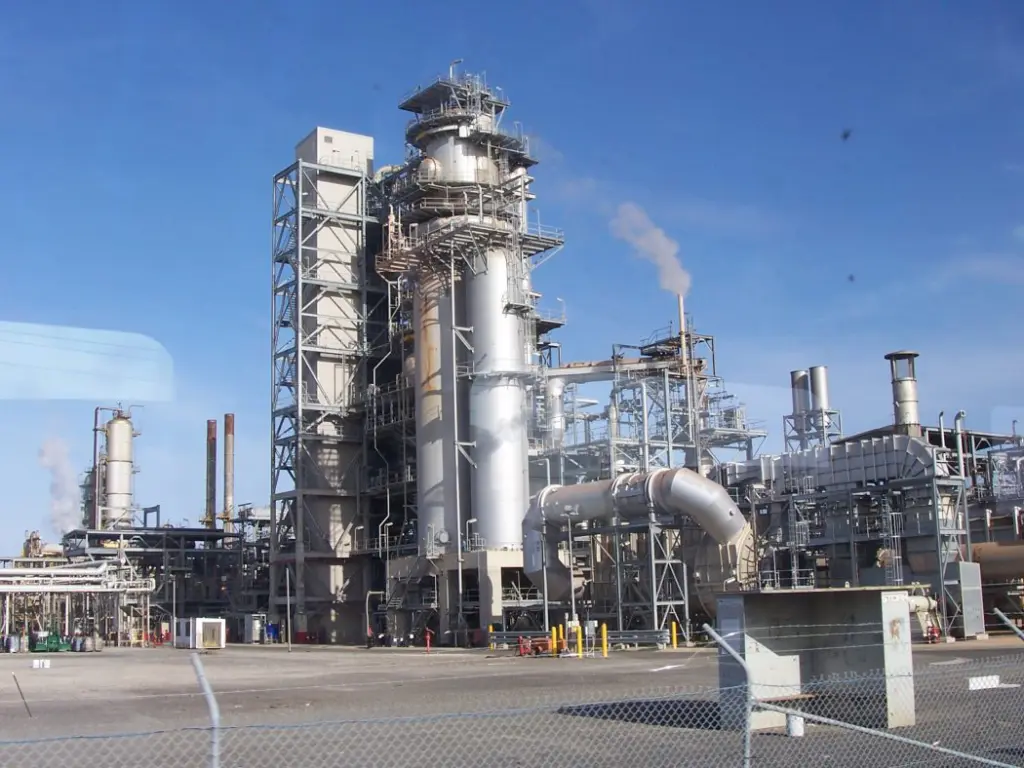
NNPCL’S REFINERIES OF WASTE – PUNCH EDITORIAL
Nigeria’s public refineries, under perpetual government control, remain trapped in a cycle of dormancy and inefficiency. At best, they operate sporadically, with the country squandering resources on endless rehabilitation efforts that yield little progress.
This reality was underscored again late in May when the Nigerian National Petroleum Company Limited announced that it had shut down the old Port Harcourt Refinery in Eleme, Rivers State, for another round of maintenance.
Indeed, when the NNPC announced the restart of the 60,000 barrels per day PH Refinery in November 2024, many Nigerians received the news with scepticism. Industry watchers argued at the time that the restart was merely window dressing rather than actual progress.
Now, six months later, recent developments have validated those doubts. Despite over $1.5 billion spent on refurbishment, the refinery was shuttered for “planned maintenance and sustainability assessment”. What is the sense in spending so much without result? This calls for a rethink.
Typically, the Turn Around Maintenance Schedule for the plant should be 30 months after the restart, not six. This abrupt shutdown has raised concerns, especially as it followed reports that the refinery was only blending naphtha into diesel, while questions hung over its actual petrol production.
For three decades, Nigeria has depended on petrol imports, incurring enormous costs, while its four public refineries, with a combined nameplate capacity of 445,000 bpd, remained largely inactive.
The Warri Refinery, which has a capacity of 125,000 bpd, faced a similar fate. After a brief resumption of operations in December 2024, it shut down again within a month.
In December 2024, the NNPC announced the return of production at the refinery; however, a month later, it was reportedly closed once more.
Yet, the Federal Government said it had provided $1.55 billion for the rehabilitation of the PH Refinery, $740,669 for the Kaduna Refinery, and $656,963 for the Warri Refinery. This is money badly spent.
Sadly, the epileptic performance of the Warri and PH refineries evokes memories of past failures, and there are genuine fears that the funds spent on rehabilitation may have been wasted once again.
The refineries’ history is littered with failed TAM projects and repeated waste of taxpayer funds on ventures that have become white elephants. It is increasingly clear that, under government ownership, these refineries are unlikely to ever operate efficiently.
Former President Olusegun Obasanjo appeared to have realised this when, towards the end of his second term in 2007, his government sold a 51 per cent stake in the two PH refineries at $561 million to the Bluestar Consortium. The consortium paid $300 million upfront.
However, Obasanjo’s successor, the late President Umaru Yar’Adua, reversed the sale. The cancellation has proved to be a bad and costly decision.
Different estimates suggest that Nigeria has spent over $20 billion in rehabilitating the refineries in the past 30 years, with nothing to show for it.
Conversely, billionaire Aliko Dangote built his 650,000-bpd refinery with a similar sum, highlighting the scale of public sector inefficiency.
Given the failure of the government to run the refineries efficiently over the years, the logical solution is full privatisation of these entities and to end the relentless drain on the country’s resources.
The transformation of the Eleme Petrochemicals plant post-privatisation strengthens the argument for this course of action.
Before it was sold in 2006, the Eleme Petrochemicals Company Limited was a huge loss-making subsidiary of the NNPC. Initial assessments indicated that EPCL had an untenable debt burden, needed capital investment, and would not be profitable for its buyer for several years.
However, the turnaround was instant after 75 per cent of the company’s shares were sold to the Indorama Group, which immediately embarked upon a $130 million turnaround maintenance and capital investment programme, returning the facility to operation within four months. It paid its shareholders dividends of N9.5 billion one year after privatisation.
The Nigeria LNG Limited is another success story. With a mixed ownership structure that sees the NNPC owning 49 per cent of the shares and Shell, 25.6 per cent, Total, 15 per cent, and Eni, 10.4 per cent, the company has thrived under astute private capital management since its inauguration in 1999.
 Premium News
Premium News